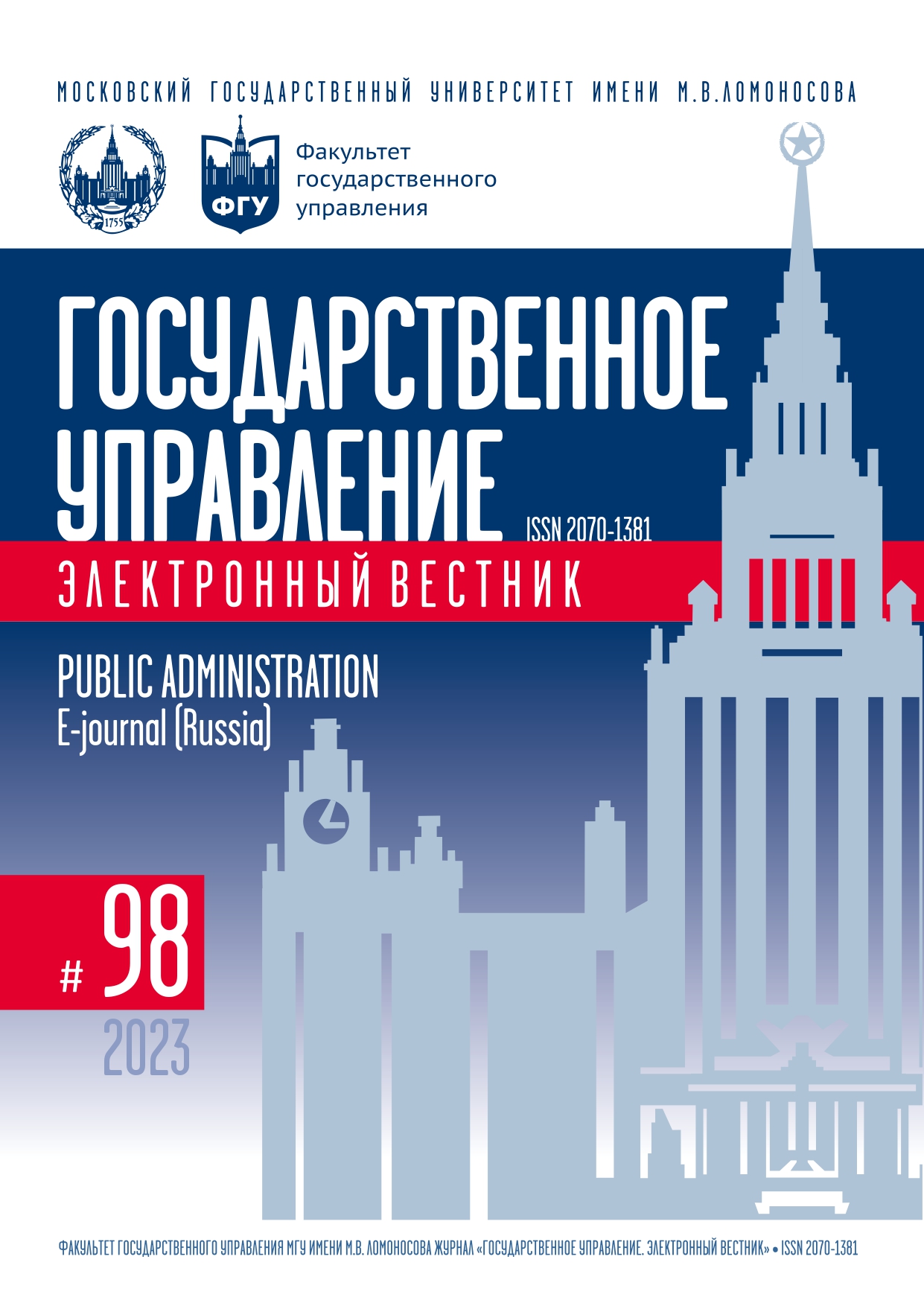Tax Potential of Small Business in the Kyrgyz Republic: The Main Directions of Mitigating Shadow Economy
Keywords:
Kyrgyz Republic, tax potential, small business, single tax, voluntary patent, mandatory patent, special tax regime, shadow economyAbstract
The article is devoted to the study of the tax potential role of small business in the Kyrgyz Republic, during the pandemic and in
the current situation of active reform of small business taxation. The authors carried out a scientific review of the theoretical and
legal foundations of small businesses taxation in the process of reform, where the main directions for creating a favorable tax
climate in order to mitigate the shadow economy are considered. The aim of the study is to determine the effectiveness of small business taxation as an integral part of the state’s tax strategy. To achieve the aim of the study the tax strategy of small businesses
in the Kyrgyz Republic was analysed; the main indicators of entrepreneurial activity in the Kyrgyz Republic was assessed; ways
to improve the taxation mechanism to stimulate the activities of small businesses and improve management efficiency in solving
the strategic task of mitigating the shadow economy were identified. In the process of studying the subject of the tax potential of
small business in the Kyrgyz Republic, scientific works of both foreign and domestic researchers were analysed. Furthermore,
the composition of potential taxpayers of the Kyrgyz Republic and the economic and legal regime for supporting business entities
in the country are considered. The article will be of interest to researchers of the system of economic and legal support of business
entities in the Kyrgyz Republic, as well as issues related to the transition to special tax regimes in the context of cash registers
introduction, which at the present stage of tax regulation in the Kyrgyz Republic goes through conflicts and mass refusal from
cash registers, since small business prefers applying a voluntary patent.
References
Беспалова С.В. Влияние налоговой политики государства на налоговую нагрузку субъектов малого бизнеса //Современные проблемы и тенденции инновационного развития Европейского Севера: материалы международной научно-практической конференции (Мурманск, 9–11 апреля 2014г.). Мурманск: Мурманский государственный технический университет, 2014. Т. 1. С. 169–172.
Ильина Д.А. Современные проблемы налогообложения в сфере малого бизнеса // Экономика регионов: источники роста. Сборник научных статей. Курск: Курский государственный университет, 2020. С. 110–115.
Казакбаева Б.М. Налогообложение субъектов малого предпринимательства в Кыргызской Республике // Reforma. 2010. Vol. 4. Is. 48. URL: https://dergipark.org.tr/en/download/article-file/574833
Маликова Е.В. Переход на специальные налоговые режимы как один из способов оптимизации налоговой нагрузки на сектор малого бизнеса // Актуальные проблемы развития современной экономики: Сборник тезисов студентов и магистров III межвузовской студенческой научно-теоретической конференции (Ростов-на-Дону, 26 ноября 2014 г.). Ростов-на-Дону: Южно-Российский институт управления, 2015. С. 38–44.
Нурмаганбетова М.С. Снижение налоговой нагрузки на бизнес как основная задача оптимизации налогов в Казахстане // Школа Науки. 2019. № 1(12). С. 41–44.
Сидоренко К.А. Оценка изменения налоговой нагрузки на малый бизнес // Экономика и бизнес: теория и практика. 2021. № 12–3(82). С. 62–65. DOI: 10.24412/2411-0450-2021-12-3-62-65
Суркова В.В. Основные проблемы стратегического развития налогового потенциала субъектов малого предпринимательства в регионе // Институциональная модернизация регионов: экономические, социальные и управленческие вызовы. Материалы VII Всероссийской научно-практической конференции (Чебоксары, 5 февраля 2016 г.). Чебоксары: Издательско-полиграфическая компания «Новое время», 2016. С. 363–369.
Филобокова Л.Ю., Коршак А.Н. Налоговые аспекты экономической безопасности субъектов малого предпринимательства // Инновационная экономика и современный менеджмент. 2022. № 2(38). С. 7–11.
Шакирова К.К. Налоговое администрирование малого и среднего бизнеса в Кыргызской Республике // Вестник Кыргызского государственного университета им. И. Арабаева. 2019. № 3. С. 130–135. DOI: 10.33514/1694-7851-2019-3-130-135
Юсупова Г.Н. Проблемы управления фискальной политикой в условиях кризиса в экономике // Вестник Международного Университета Кыргызстана. 2021. № 2(43). С. 514–520.

